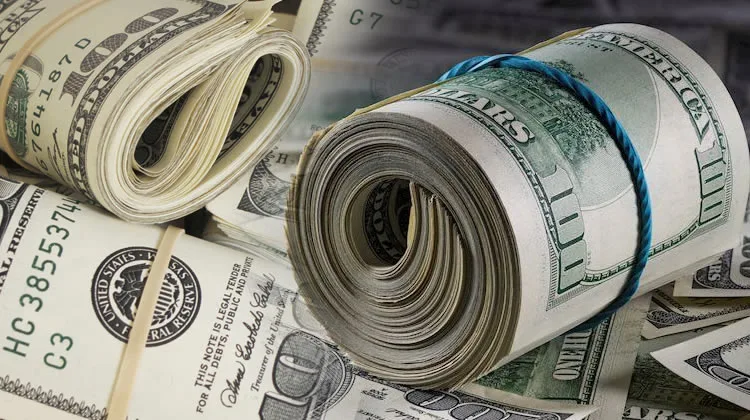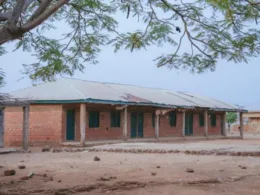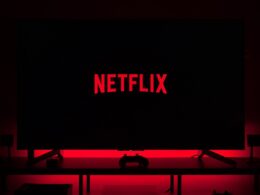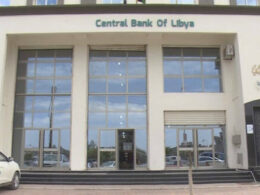CBN Grapples with Increased Gap Between Official and Parallel Markets
The Nigerian naira witnessed a fresh decline against the US dollar, both in the official and parallel foreign exchange markets on Friday, raising concerns amidst efforts by the Central Bank of Nigeria (CBN) to stabilize the currency.

At the parallel market, the national currency depreciated to N1,670/$ from N1,600/$ recorded the previous day, while it closed at an official rate of N1,537/$ on Friday, indicating a N133 gap between the official and parallel markets, signaling renewed worries about round-tripping.
Despite efforts to boost liquidity through increased dollar supply totaling $3.83 billion in eleven days of trading activities through the Nigerian Autonomous Foreign Exchange by Deposit Money Banks, concerns persist.
Data from FMDQ Securities Exchange revealed an increase in forex transactions, with commercial banks, the CBN, and international oil firms majorly involved in selling forex at NAFEM.
The increased liquidity at NAFEM followed a directive by the CBN for banks to sell their excess dollar stock, aimed at improving liquidity in the FX market. However, challenges persist as the gap between official and parallel market rates widens, sparking concerns about potential resurgence of roundtripping activities.
The recent directives by the CBN to stop banks from paying Personal Travel Allowance to customers, restrain International Oil Companies from repatriating all revenue at once, and review guidelines to curb under-invoicing of exports and over-invoicing of imports, highlight ongoing efforts to stabilize the forex market.
Despite these measures, concerns remain as the naira continues to struggle, impacting prices of goods and services.
Currency traders attribute the naira’s depreciation to strong demand for dollars by speculators and individuals traveling for business, tourism, education, and health.
In response, stakeholders like the National Association of Chambers of Commerce, Industry, Mines, and Agriculture (NACCIMA) have urged intensified efforts by the government to address the challenges of naira devaluation and inflationary pressures.
They emphasize the importance of stabilizing the currency to make agricultural inputs more affordable and bolster consumer purchasing power.
The plea comes amidst data showing Nigeria’s inflation rate climbing to 29.90 percent in January 2024, further highlighting the urgency of addressing economic challenges facing the country.










Join our Channel...